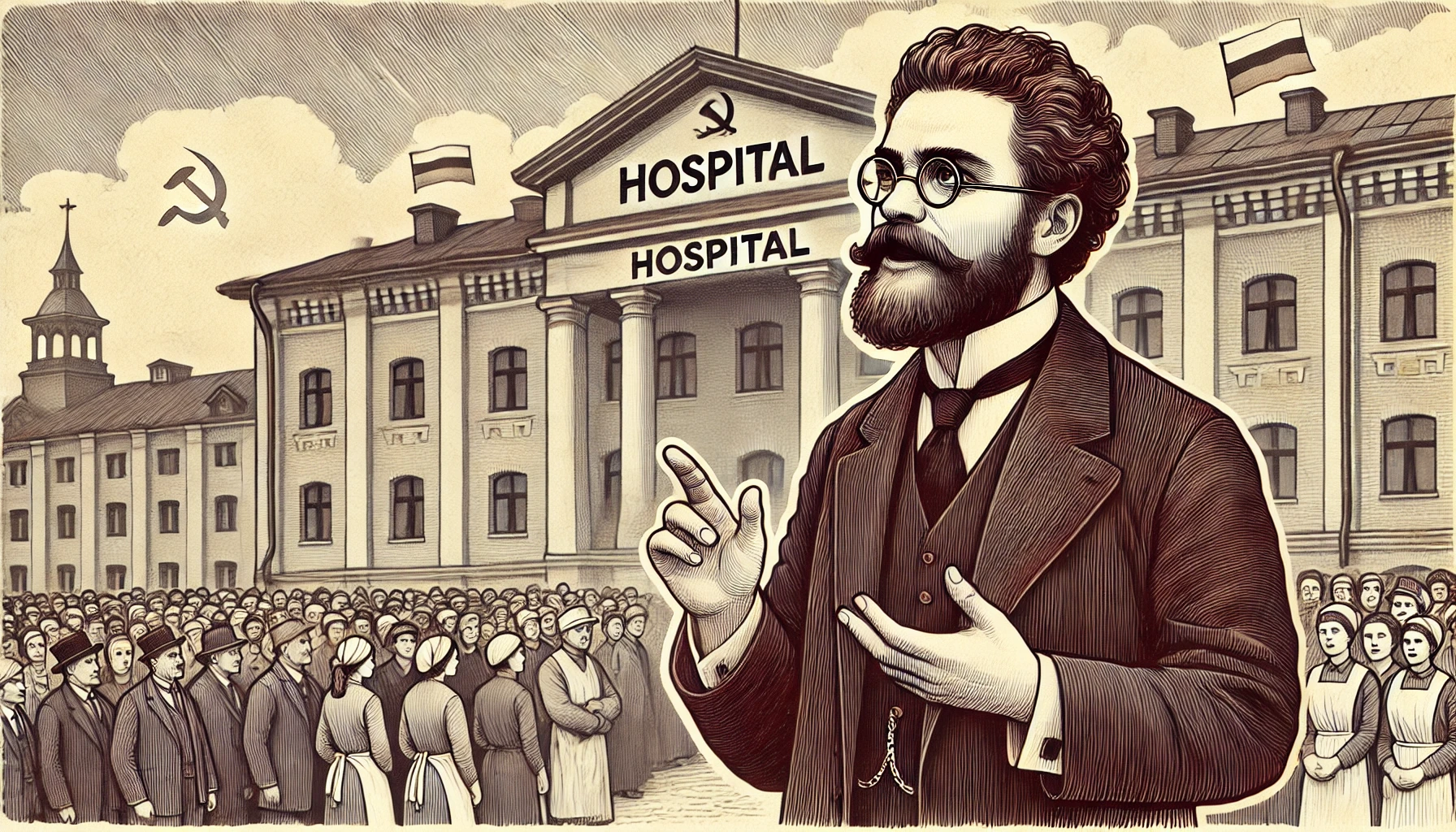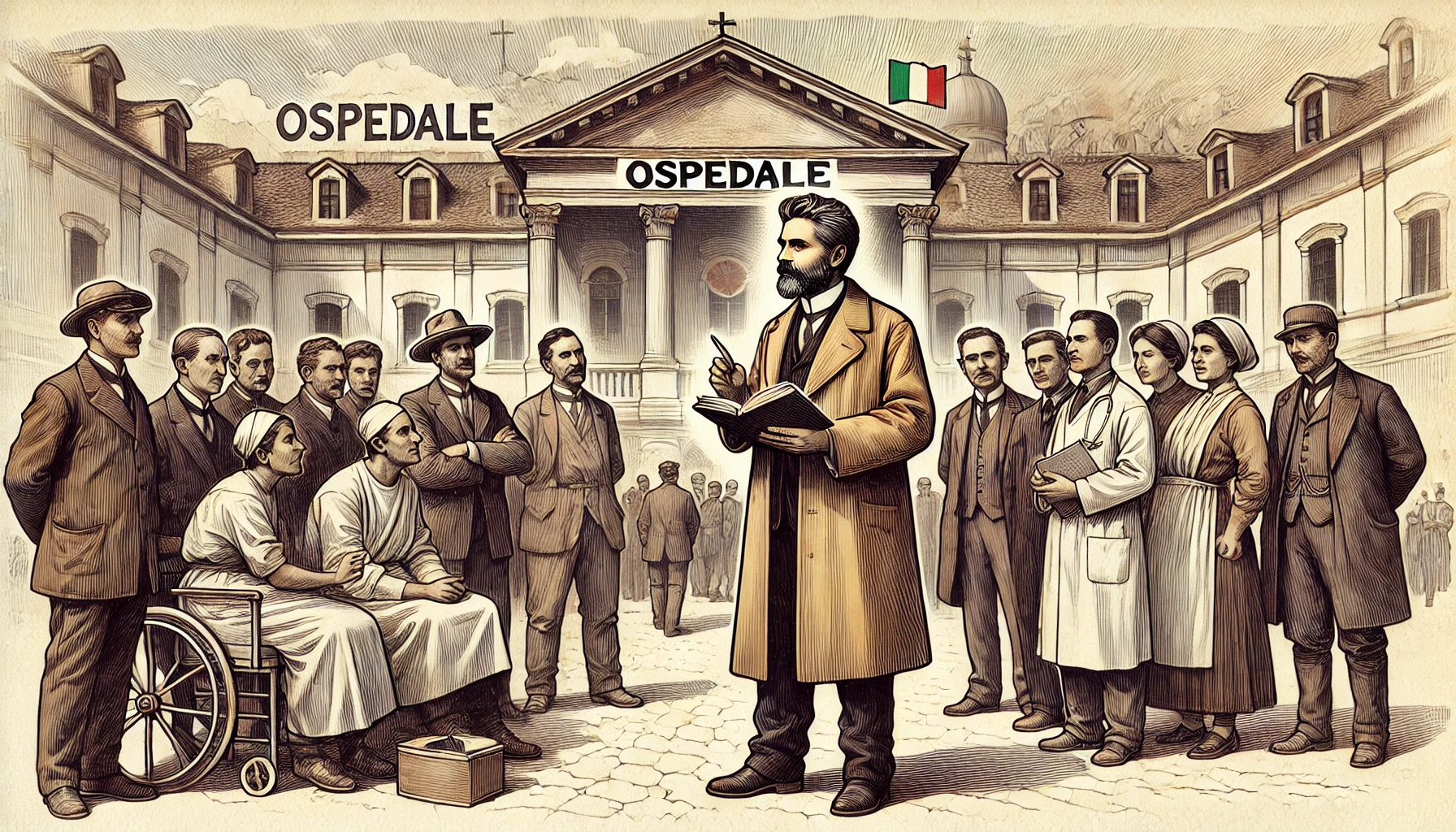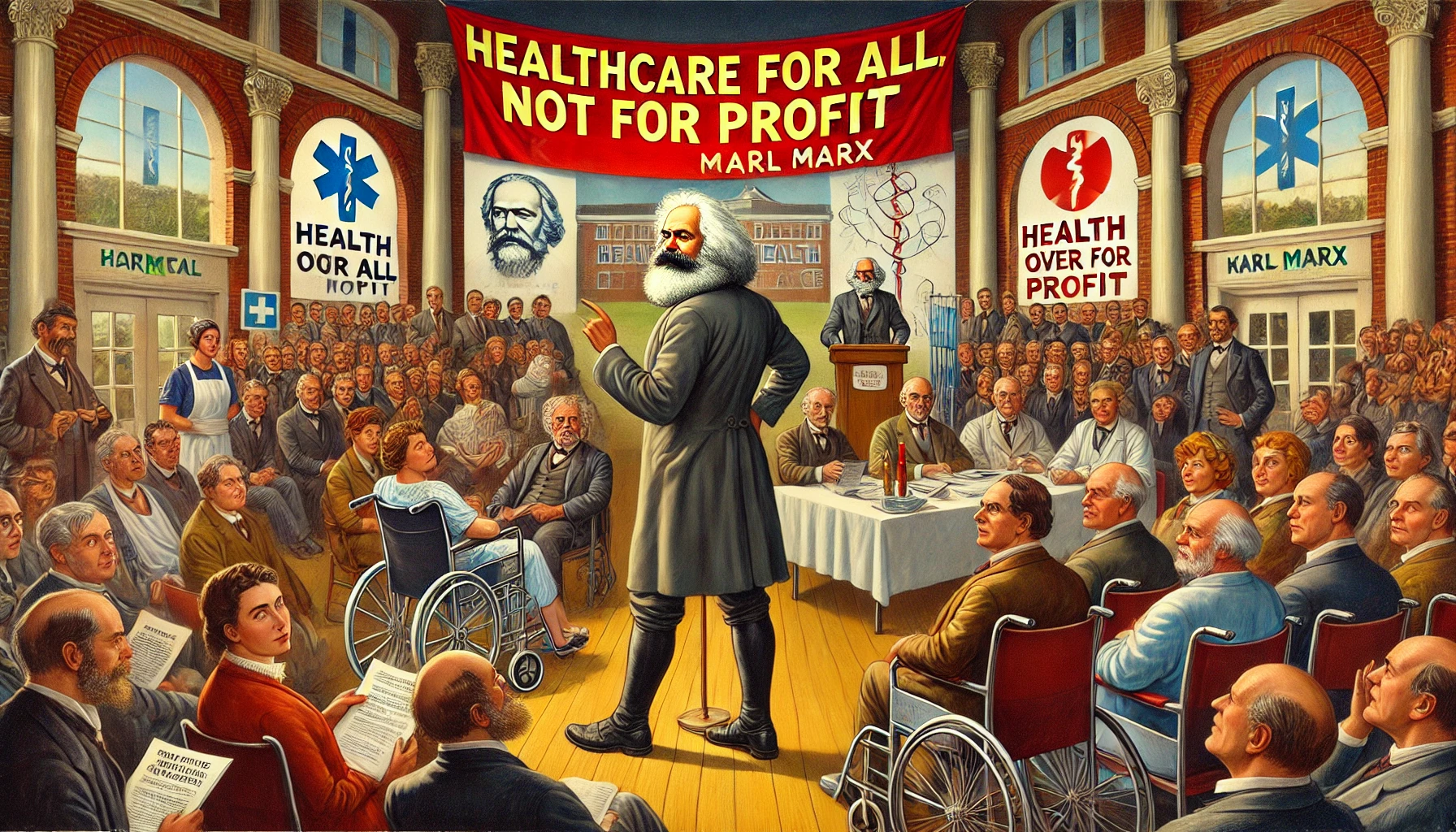Karl Marx’s Bearded Legacy: Philosophy, Economics, and Facial Hair
Karl Marx’s beard is as iconic as his philosophy, earning him a place not just in the annals of history but also in the imaginary hall of facial hair fame. Seriously, has there ever been a thinker whose beard alone could intimidate an entire bourgeoisie?
The beard’s significance goes beyond aesthetics. In the Victorian era, beards symbolized rugged masculinity and intellectual depth. Marx’s beard was both a statement and a shield, a hairy fortress from which he launched his fiery critiques of capitalism. It wasn’t just a look; it was a lifestyle. Imagine him, quill in hand, stroking that majestic mane as he penned “The Communist Manifesto.” You can’t help but feel that every tug on his beard fueled another scathing indictment of industrial exploitation.
But what if Marx’s beard had its own philosophy? Perhaps it would champion “Follicular Communism,” demanding equal grooming products for all. In an ironic twist, Marx’s beard has become a capitalist commodity itself. Hipsters co-opted his look, and now his face adorns mugs, t-shirts, and even beard oil packaging. You can almost hear him sighing in his grave, “I critiqued capitalism, not endorsed artisanal beard balms.”
The beard has also become a meme magnet. On social media, Marx’s image often pairs his voluminous beard with captions like, “When the revolution starts at 8 but you’ve got a lumberjack competition at 9.” It’s proof that his look is timeless, connecting generations in ways his texts sometimes cannot.
Ultimately, Marx’s beard is more than a tuft of hair; it’s a cultural symbol. It represents defiance, intellect, and the unyielding belief in one’s principles—no matter how unruly they might look. In today’s world, where every Instagram influencer flaunts a curated appearance, Marx’s beard reminds us that sometimes, substance outshines style. Though in his case, the style’s pretty legendary too.
Originally posted 2024-10-30 22:36:04.



